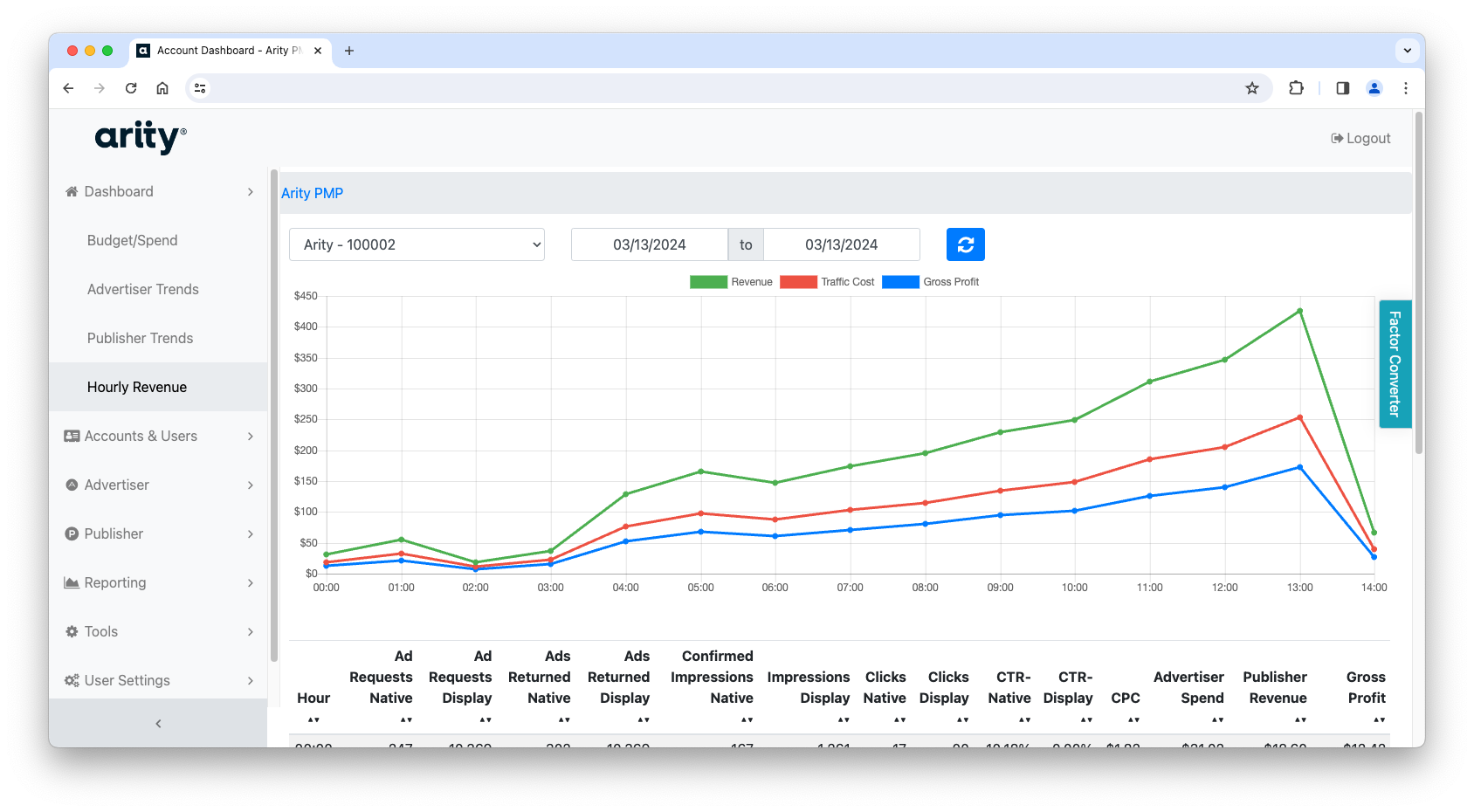Traffic takeaways: The Baltimore bridge collapse
How did the Francis Scott Key Bridge collapse impact Baltimore’s traffic patterns?
Read article


A continuing concern: Distracted driving has increased, again
Distracted driving has increased more than 30% over the past five years. What does this mean for risk on our roads?
Read article

Unpacking the news: Enhanced Arity Marketing Solutions
Four things to know about Arity’s expanded and enhanced suite of marketing solutions.
Read article

The 5 Ws (and 1 H) of predictive mobile marketing for fuel retailers
What is predictive mobile marketing? And how can fuel retailers use it to encourage drivers to stop and shop?
Read article
